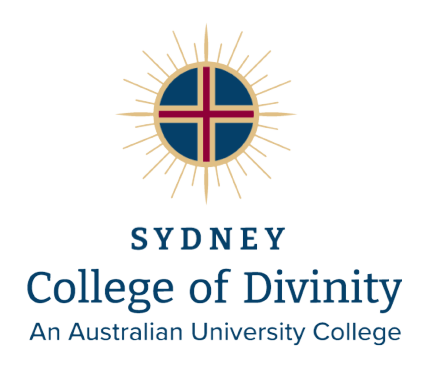W7195 – Modern Philosophy for Theology
Unit Code
W7195
Unit Name
Modern Philosophy for Theology (undergraduate)
Unit Weighting
9 Credit Points
Type of Unit
Foundational
Prerequisites, corequisites or exclusions
Nil
Academic Staff
Very Rev. Dr. Antonios Kaldas. MBBS (USyd) GradDipPhil (MQ) MRes (MQ); PhD (MQ)
Curriculum Objectives
Theology is best conducted against the context of the ambient cultures of thought and life. The study of modern philosophy best captures the underlying assumptions and intuitions of the modern world. By surveying a range of central philosophical fields and their most pertinent questions, students will be much better equipped to pursue their theological endeavours in more relevant and productive ways.
Learning Outcomes
At the end of this unit students will be able to:
1) Engage critically and capably with a range of modern philosophical views on a variety of topics and explore selected philosophical topics in some depth.
2) Identify some major areas of overlap, agreement and disagreement between modern philosophy and Orthodox Christian theology.
3) Appreciate the importance of the practical application of philosophy to theology and life more generally.
4) Improve their critical thinking skills and philosophical method.
5) Engage in fruitful discourse with others, including those who have views that differ from their own.
During this course unit, students may acquire the following threshold concept. This concept is fundamental to a proper understanding of the unit or course. It is essential for further progress in the discipline. It is often troublesome for students.
6) Students will be comfortable engaging with modern philosophy and using it to enhance their theological pursuits.
Content
After an introductory lecture, the unit is divided into three main areas:
- What is Reality? (weeks 2–5).
Selected central questions in modern epistemology, metaphysics, philosophy of science, and philosophy of mind, and how they relate to the theology of the world, human beings, and how we know things.
- Faith (weeks 6–8).
Selected central questions in philosophy of language, philosophy of religion, and philosophical theology and how they relate to major theological questions about God and His relation to humanity.
- Life (9–12).
Selected central questions in continental philosophy, moral philosophy / ethics, social / political philosophy and how they relate to modern Eastern Orthodox theology, Christian ethics, and selected applications of philosophical issues to daily Christian life.
Unit Weekly Schedule
Week 1. Introduction. What is philosophy? How does it relate to theology? Why does it matter?
Week 2. Epistemology. What does it mean to ‘know’ something, and how do we come know things? Where does Eastern Christian apophaticism fit into modern ideas about knowledge?
Week 3. Metaphysics. What exists? What happens in the Eucharist?
Week 4. Philosophy of Science. How do science, philosophy, and faith interact and affect each other? Has science really ‘disenchanted’ the world?
Week 5. Philosophy of Mind. What exactly are YOU? A mind? A soul? A body? What progress have philosophy and science made in understanding consciousness?
Week 6. Philosophy of Language. How does language work? How does it connect the world to the mind that thinks about it and communicates ideas? What does this mean for the Bible and theological controversies such as the nature of the Holy Trinity and the nature(s) of Christ?
Week 7. Philosophy of Religion. Is Christianity really a ‘religion’? What about other religions? Can religious experience be explained away by studying culture or the brain?
Week 8. Philosophical Theology. How should we understand Christian atonement? Christology? Providence?
Week 9. Continental Philosophy. The ‘other half’ of modern philosophy, the one that heavily influenced modern Eastern Orthodox theology of the past century.
Week 10. Moral Philosophy / Ethics. How can we know what is right and wrong? How do we decide what we should do? Case Study: recent philosophical analyses of anger.
Week 11. Social / Political Philosophy. Christianity in a secular world: case studies: what does it mean to be ‘authentic’? Environmentalism, capitalism and the Christian concept of stewardship.
Week 12. Philosophy and Christian Life. What is ‘virtue’? What is ‘the good life’? How does these Christian concepts relate to modern secular accounts?

